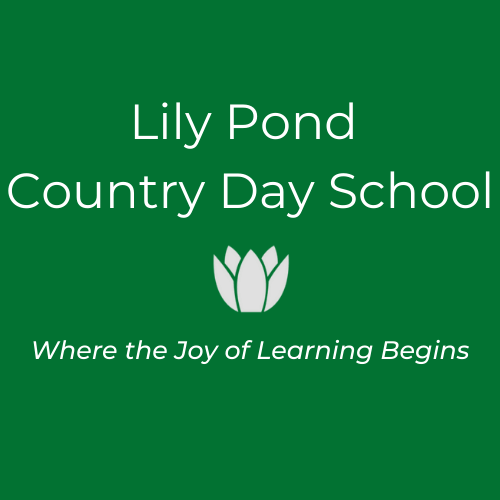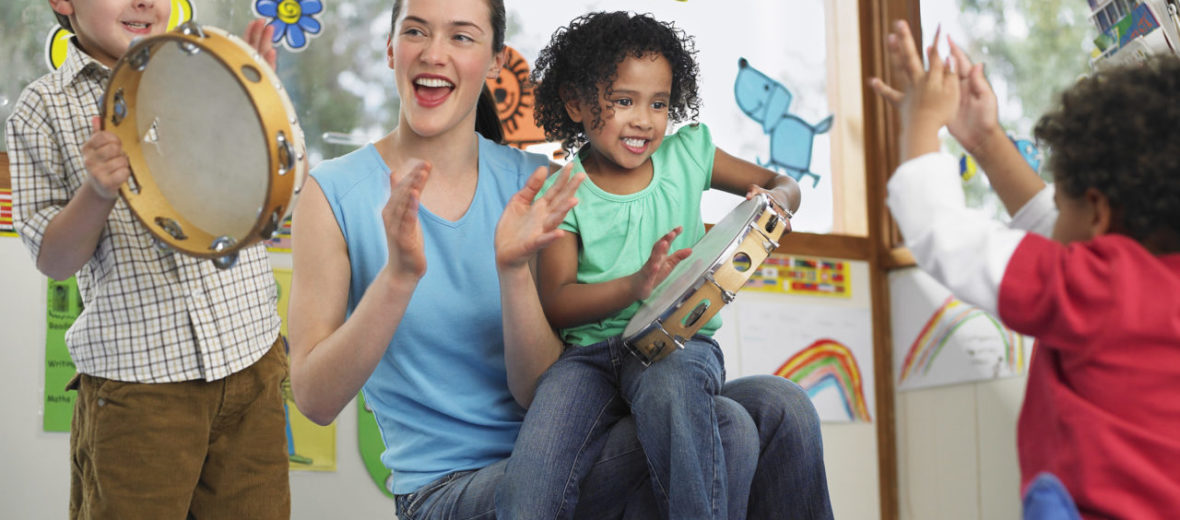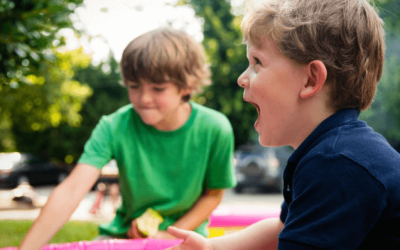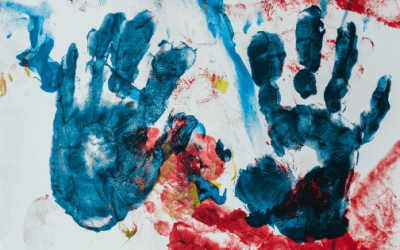No matter how old you are, music probably plays an important part in your life. It’s how we express emotions, forge connections with others, and share important stories. We can also use music to learn about ourselves and the world around us — which makes it the perfect educational tool, particularly for young children.
Your toddler probably enjoys listening to music in the car or sings along with their favorite television show. But did you know that these activities are far more than just fun?
Being exposed to music and music education from an early age can help your toddler develop essential skills and knowledge that can have a positive impact on the rest of their lives. Best of all, your child can reap the benefits of exposure to music both at home and at the quality preschool program of your choice.
Let’s take a closer look at how early music education through a preschool music curriculum helps your young child grow and learn.
Development of Coordination and Fine Motor Skills
Several studies have found that music allows children to use and improve their fine motor skills (or the muscles that later allow them to write, navigate a computer, and perform other detailed tasks), particularly if they’re playing musical instruments. Music also encourages the development of gross motor skills due to their innate inclination to move and dance to the beat. They may even develop muscular strength and balance through their movements.
Keep in mind that the birth-to-age-three period has the fastest rate of brain development across the entire human lifespan. That means this is a critical time for learning and development, both mental and physical.
Improvement of Literacy and Language
Even if you’ve already started to explore your preschool options, your child’s level of literacy won’t be incredibly high. But believe it or not, exposure to music can help in that regard. Your child may not understand all the words in a song, but they will come to understand the overall story that’s told within it. This can help to develop their vocabulary by identifying sound patterns through repetition and anticipate what will come next in the story.
Research has also found there’s a strong connection between rhythmic skills and pre-reading abilities in toddlers, which means a preschool music program may help to ready students for reading later on.
Adjustment to New Routines
Once you choose a high-quality preschool program for your child, you may think the hard part’s over. But many children (and parents alike) have a tough time adjusting to these new routines. If your chosen school has a preschool music curriculum, you’re in luck.
As you may well know, music can act as a mood stabilizer; it can instantly turn a level 10 meltdown into a calm situation. It can help remind students of principles they’ve learned (remember the “clean up” song or the “sharing is caring” melody?). It can also help to soothe a child who’s having a tough time during their preschool transition.
Whether utilized at home or at school (or both!), exposure to music can help children re-center themselves and make situations easier to handle.
How to get preschoolers interested in music?
Not every quality preschool program will prioritize music education. We see the clear benefits that music can bring to our students. That’s why we encourage artistic exploration, dramatic play, and the presence of dance and musical instruments in the classroom.
But while you (and we!) may understand the importance of choosing a preschool program that includes music as part of the curriculum, how can you help foster an interest in music for your preschooler?
Buy Some Basic Instruments
It’s likely that a top preschool classroom near you that highlights musical activities will have some instruments for students to try out during the school day. But before preschool classes begin, you might consider getting your hands on some percussion instruments — like maracas, shakers, small drums, cowbells, rain sticks, tambourines, and xylophones — for you and your child to play with. While you might not want to go out and buy a recorder or an accordion, a harmonica or kazoo can also allow your child to learn through exploration. You can even make certain instruments out of basic household items on a rainy day.
Show Them How It’s Done
If you play an instrument yourself, there’s no better way to encourage a love of music than to show off your own passions. Strumming along on a guitar, playing a tune on the piano, or singing one of your favorite ballads can show your kiddo just how magical music can be. Whether you gather together in the living room singing holiday carols or teach them your favorite rock song, you’ll make them look forward to musical interludes and create special memories in the process. You don’t have to be a musical genius, either. Even if you know only a few chords or can plunk out just a song or two, the impact you’ll have on their life will be huge.
Create a Playlist
Whether or not you possess any musical talent yourself, you can still share your love of music by creating a special playlist to introduce your preschool children to some favorite artists or songs. Whether you’re into 1970’s rock or classical sonatas, you can design a modern mixtape to delight your toddler’s eardrums. Although it might be nice to include some music that’s specifically made for preschoolers to enjoy, it’s nice to have a variety of musical genres. That way, your child will be exposed to new styles and might discover a beat or melody they can’t get enough of.
Get Culturally Involved
In addition to enrolling your child in a top preschool near you that addresses the importance of music, it’s also a good idea to experience musical events as a family. Consider attending free music events at local festivals, getting tickets for a philharmonic concert or family friendly musical, or seeing a children’s music artist in concert. Your child won’t be able to help moving their body to the beat — and you’ll probably enjoy yourself immensely, too.
Takeaways
Since three-fourths of young children in the U.S. participate in a preschool program, there’s arguably no better way to ensure your child experiences early exposure to music than to ensure it’s included as part of their education. Deciding on a top preschool near you isn’t always easy, but having music be part of the regular activities offered in the preschool classroom can make a huge difference in your child’s development.
It’s essential to remember that the arts should be part of the classroom experience. With this information in mind, you’ll encourage a love of music in your child before they even come to class.
To learn more about our preschool music curriculum, please contact us to schedule a tour today.




